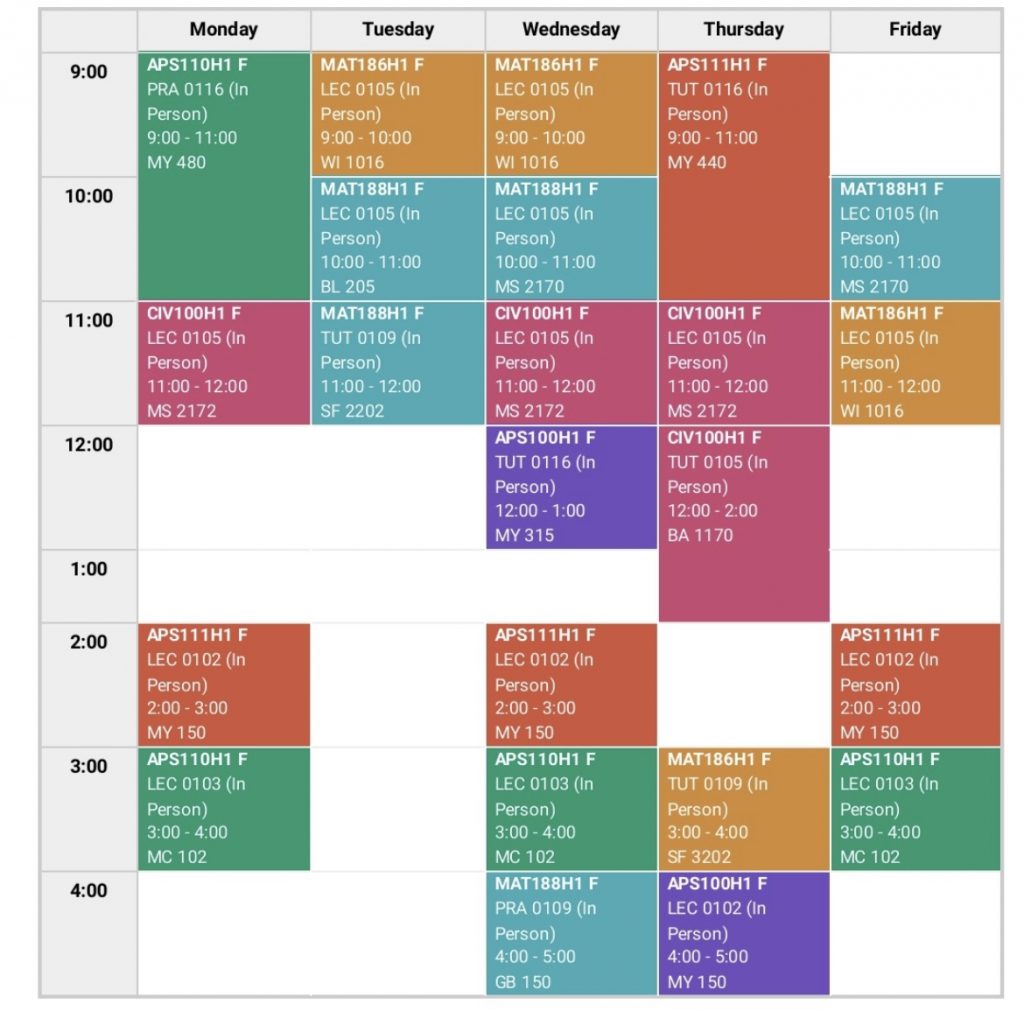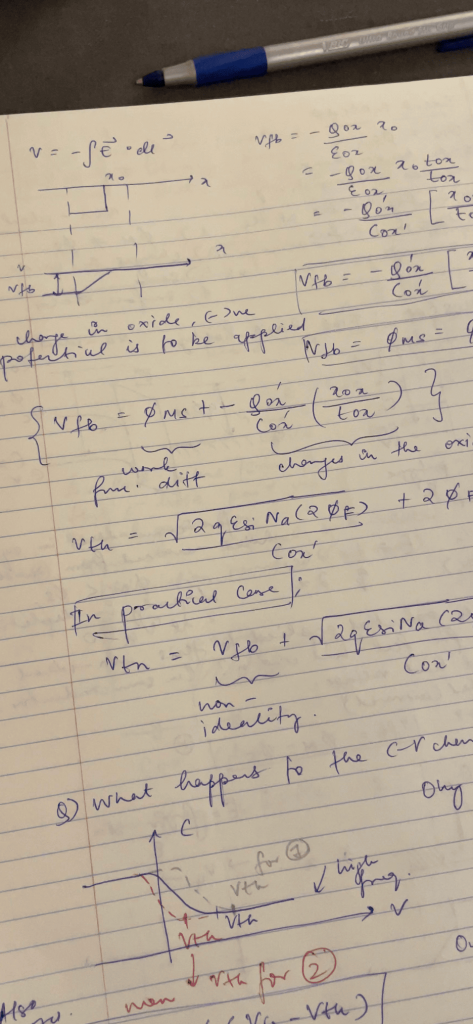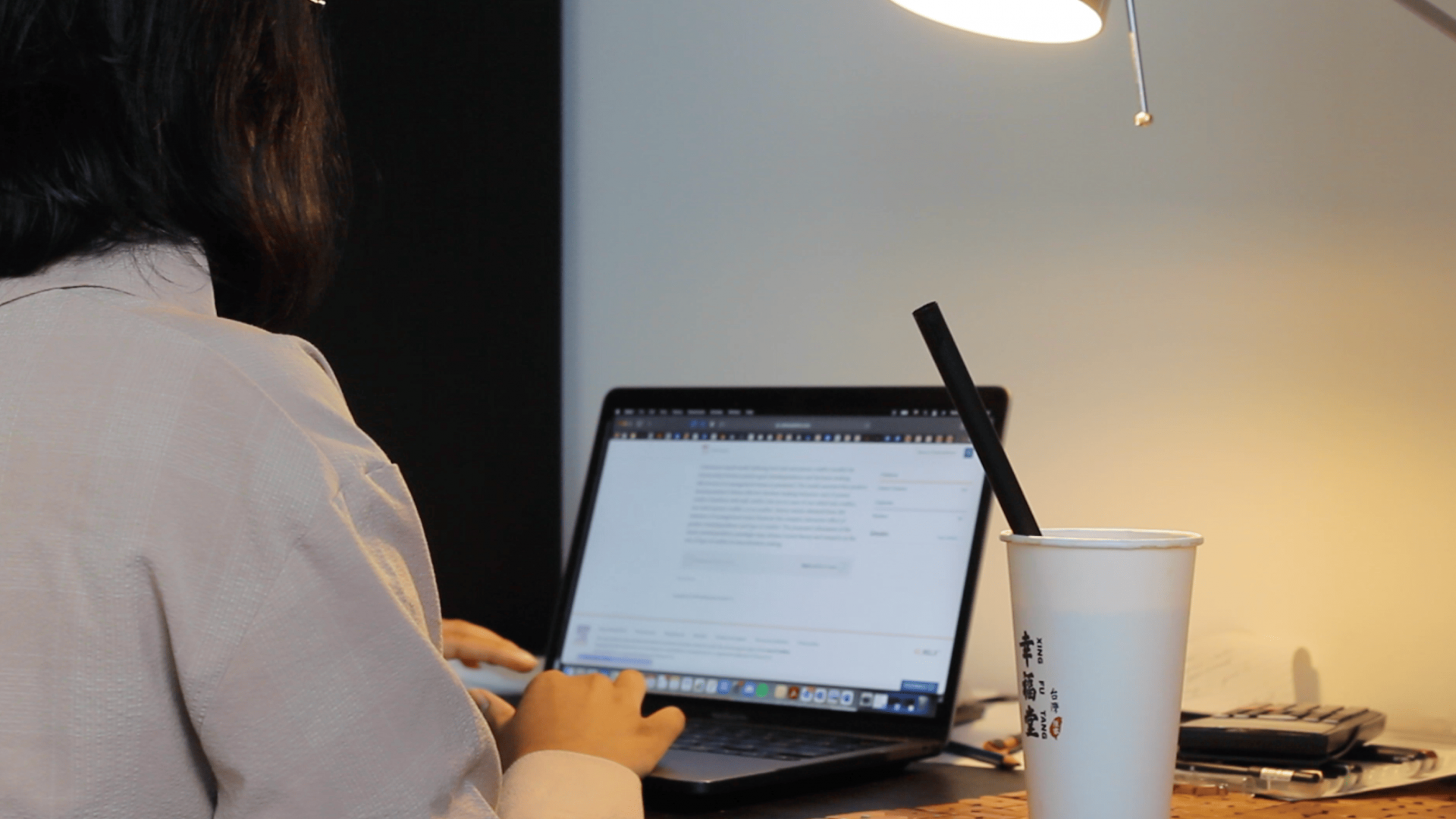Contrary to a popular trend where many students are anxious about how hard the academics at U of T might be, 17-year-old me underestimated what the experience would actually be.
I completed my high school in India and did the IBDP (International Baccalaureate Diploma Programme), a highly competitive program. Why? Besides 6 classes and on top of extracurricular requirements, there is a 4000-word essay (similar to a thesis) and an additional Theory of Knowledge course. My last two years of high school were stressful, and I had very little time for myself.
The stressful life also made me overconfident — procrastination was a habit that never left me, and I thought the way I was able to conquer high school would be how I dealt with my Engineering courses at U of T. For some context, here’s my first-year timetable as an ECE Engineering student:

My intention is not to stress you out but to make you aware that the techniques you used in high school may no longer work at university. Here’s why:
Starting Early > Procrastination
After the onset of orientation, I was interested in being involved socially and going to networking events regularly to meet new people. However, lectures and labs took off at full-speed, and I was unable to keep up with last-minute studying before assessments. I did very poorly, and I vividly remember the guilt I felt when I was put on academic probation for my first semester.
For future semesters, I started studying and revising content early, made notes during lectures to look back at, read through assigned/recommended textbooks, and asked questions early on. My biggest issue with not understanding information was that it would pile up and I would keep that aside to ‘look at later’. Now, I try to approach the professor after a lecture or go to office hours/appointments at the earliest convenience.
So, in short, attend your lectures, make notes, keep up with readings, and face your doubts, no matter how challenging they may be.

Your Health Matters
Skipping meals, surviving solely on takeout, and sitting at your desk for 5+ hours is not productive. I realized early that I did not have an attention span of more than 10 minutes. I kept on questioning what was wrong with me. I used to forget deadlines and was unable to keep up with fast-paced content. After some back-and-forth with U of T’s Health & Wellness doctors, I realized I might have ADHD (Attention-Deficit/Hyperactivity Disorder).
The way I improved my attention and hyperactivity issues was I tried to break down tasks into bit-size milestones for a sense of accomplishment that would help me push myself more. For example, my goal would be to read at least the first 2 pages of a research paper, and if I achieved that, I would move onto taking a 5-minute break. This would push me to keep on reading after that break.
Secondly, I know it is hard to eat healthy when finances are harsh and time is limited. You can try to nourish your body by meal-prepping over the weekend, having a heavy breakfast at home, and eating balanced portions.
Also, you might be tempted to push things 'til the very last minute and stay up all night before the deadline date, but what will not help you is your lack of sleep. You shouldn’t just sleep 2 hours a day and suddenly ‘make up’ for the missed sleep on the weekends by staying in bed for more than 12+ hours. A healthy body is a healthy mind.
If you want to talk to someone or are in need of support, please do not shy away from contacting mental health services at U of T.
Don’t Compare
Students with a passion for education from all across the world are at U of T. There will be people who already have work experience, get better grades consistently, have scholarships, and are also able to balance their social lives. But you need to realize that every person is unique, and comparing yourself to anyone who you ‘perceive’ to be better is being mean to yourself.
Your life and circumstances are different and high school was relatively homogeneous: We had recess at the same time, we sat in the same classes, we saw the same faces, and we were familiar with a ‘constant’. University will challenge you to experience and meet new people who belong from different backgrounds and circumstances, and you can never truly be fair to yourself by comparing your situation with someone else’s.

0 comments on “Transitioning from high school to university? You might want to read this…”